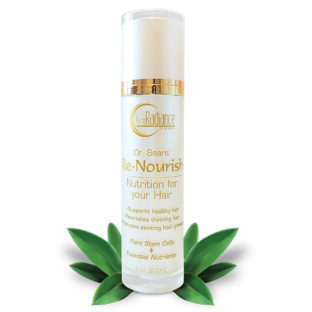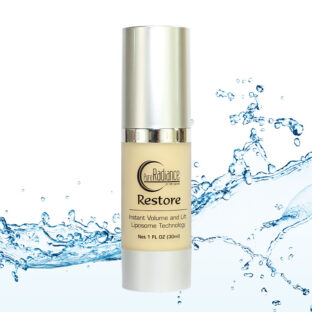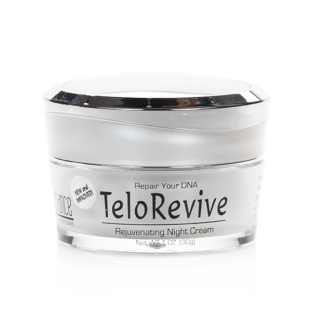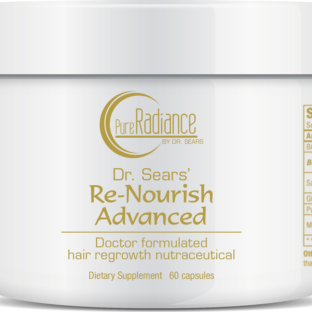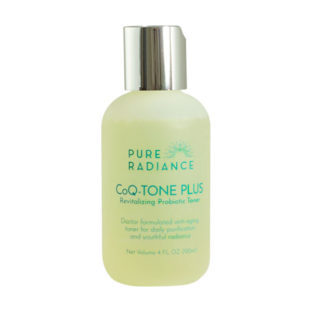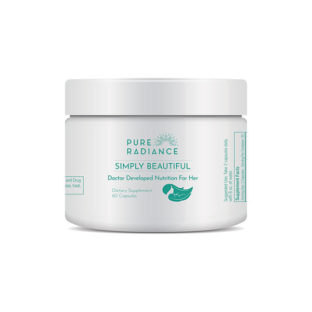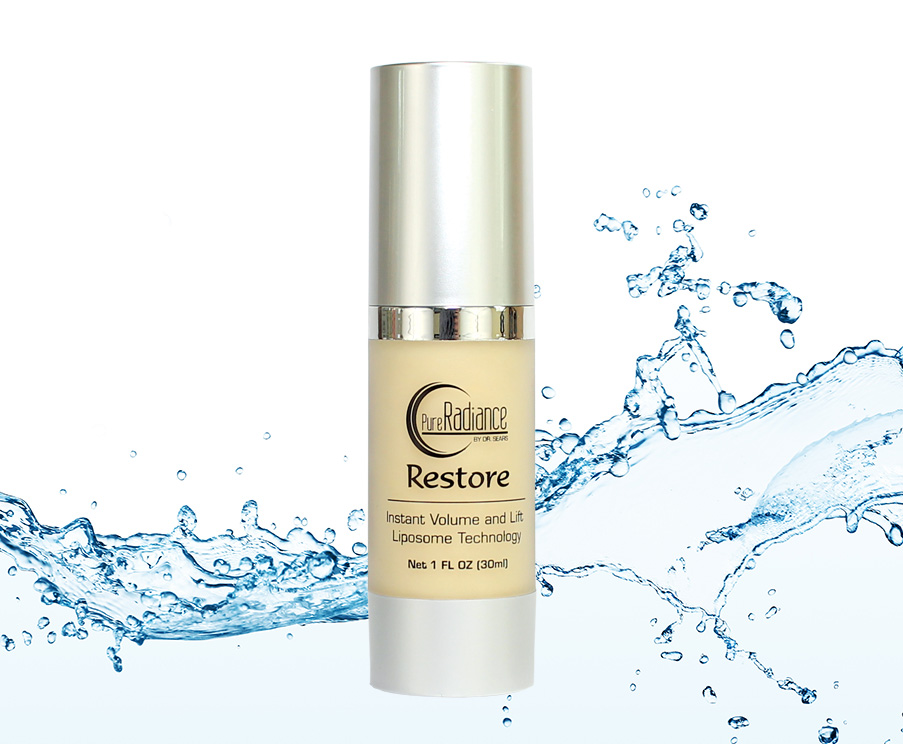I’ve been hearing it nearly all of my life: Save your money for your “old age.”
I’m sure that well-meaning friends and relatives have been telling you the same thing for years, too.
But more than 2,100 years ago, the Roman philosopher Virgil hit the nail on the head when he said: “The greatest wealth is health.”
And these aren’t just fancy words of philosophical wisdom. They are very good practical advice.
You should be saving something much more important than money – no matter what your age.
I’m talking about saving your telomeres, those tiny “countdown clocks” at the ends of your chromosomes.
As regular readers, you’ll know that each time a cell duplicates, the new cell has slightly shorter telomeres – and it behaves a little bit older.
Eventually, your telomeres become too short to protect the chromosomes – and the cell dies. And the shorter your telomeres, the more prone you are chronic diseases and reduced life expectancy.
Your telomeres control how long you live… and also how you feel.
So saving your telomeres is probably the most important thing you can do for your life.
You can always find financial consultants to arrange your investments to make sure you do not outlive your money.
But as a doctor and an anti-aging specialist, I’m here to make sure you don’t outlive your telomeres.
Imagine dancing at your 100th birthday party… or giving a toast at your great-granddaughter’s wedding.
In other words, if you become too sickly or frail to enjoy life, it doesn’t matter how much money you have.
And that’s what “saving your telomeres” is all about… making the conscious decisions that will allow you to live a long and healthy life – with full strength, a sharp mind and free of disease.
That’s why I always tell my patients: “Save your telomeres.”
Your telomeres are the number one measures of how young your cells feel. All of a cell’s biochemicals take their cues from its telomeres.
With long telomeres, the cell’s biochemicals behave as if they are young. They generate more energy and fight off more infections and disease.
With short telomeres, the cell’s biochemicals behave as if they’re old.
As your cells age and die, you grow weaker, sicklier, more moody and mentally foggy.
It’s never too early to start saving money for your retirement. And it’s never too early to begin saving your telomeres.
Numerous studies show you can increase the length of your telomeres with many of the choices you make in life.1
So here four easy ways to lengthen your telomeres and expand your healthspan:
- Avoid stress, tobacco and excess alcohol consumption: These are a fast road to short telomeres and have long been associated with numerous ills, including cancer, liver disease and heart disease.2,3,4,5,67
Cutting out tobacco, drinking less and lowering your stress levels will work wonders on your telomeres.
- Get a good night’s sleep: Studies show that your telomeres will shorten if you sleep five or fewer hours per night.8If you have trouble sleeping, don’t use one of Big Pharma’s sleep drugs. These upset your normal biochemical balance and they come with more potential side effects than they’re worth.
Instead, take a supplement with melatonin, the body’s natural sleep-inducer. I recommend a 0.3-mg. dose about a half an hour before bedtime.9
- Take supplements: Most of the foods you buy do not have enough vitamins, minerals, and omega-3 fatty acids. Most crops, including those used to feed livestock, come from nutrient-depleted soil. And Big Agra loads processed foods with too many omega-6s, which cancel out omega-3s.So you need supplements to protect your telomeres. To bolster your diet every day, start out with 5,000 IUs of vitamin D and 3 grams of vitamin C.11,12 Then add omega-3s, composed of 300 mg. of the EPA form and 200 mg. of the DHA form, preferably from krill oil or squid oil.
I also recommend two forms of vitamin E – 200 IUs of tocotrienols and 200 IUs to tocopherols.13 Don’t buy the synthetic forms labeled “d-alpha” or “dl-alpha.” But it’s okay to buy forms labeled as “alpha-” or “mixed tocopherols and tocotrienols.”
- Give up sodas and salami: In a three-year study, people who consumed a 20-ounce serving of sugary sodas every day shortened their telomeres by the equivalent of 4.6 years.Based on another study, hot dogs, bologna, pepperoni, and other processed meats should probably come with a skull-and-crossbones on the label. People sustained significantly shorter telomeres when they consumed lunchmeat twice a week.14
My advice is on this simple: Let financial experts take care of your money – but it’s never too late to save your telomeres.
To your good health,
Al Sears, MD, CNS
1. Ornish, Dean, et al. “Effect of comprehensive lifestyle changes on telomerase activity and telomere length in men with biopsy-proven low-risk prostate cancer: 5-year follow-up of a descriptive pilot study.” The Lancet, October 2013, Vol. 14, No. 11, p1112-1120.
2.Shammas, M.A. Telomeres, lifestyle, cancer, and aging. Curr Opin Clin Nutr Metab Care. 2011 Jan; 14(1): 28-34. doi: 10.1097/MCO.0b013e32834121b1.
3.Epel, E.S., et al. “Accelerated telomere shortening in response to life stress.” PNASUS. December 7, 2004. Vol. 101. No. 49. P17312-P17315.
4.Scutti, S. “Depression’s physical impact extends to mitochondrial DNA and telomere length.” Medical Daily. 4-23-15. medicaldaily.com/depressions-physical-impact-extends-mitochondrial-dna-and-telomere-length-330454. Retrieved 5-4-15.
5.American Association for Cancer Research. “Excessive alcohol consumption may lead to increased cancer risk.” ScienceDaily. sciencedaily.com/releases/2010/04/100421102336.htm (accessed May 4, 2015).
6.Staff. “Fast-slow telomere shortening predicts cancer.” Genetic Engineeering & Biotechnology News. genengnews.com/gen-news-highlights/fast-slow-telomere-shortening-predicts-cancer/81251220/.
Retrieved 5-4-2015.
7.Staff. Medical Express. “The CNIO links telomeres to the origins of liver diseases such as chronic hepatitis and cirrhosis.” medicalxpress.com/news/2015-04-cnio-links-telomeres-liver-diseases.html. Retrieved 5-4-2015.
8.Jackowska, Marta, et al. “Short Sleep Duration Is Associated with Shorter Telomere Length in Healthy Men: Findings from the Whitehall II Cohort Study.” .plos.org/.
journals.plos.org/plosone/article?id=10.1371/journal.pone.0047292. October 29, 2012. DOI: 10.1371/journal.pone.0047292. Retrieved on 5-4-2015.
9.Thompson, E.A. MIT News. “Rest easy: MIT study confirms melatonin’s value as a sleep aid.” newsoffice.mit.edu/2005/melatonin. March 1, 2005. Retrieved on 5-4-2015.
10.Pusceddu, I., et al. “The role of telomeres and vitamin D in cellular aging and age-related diseases.” Clinical Chemistry and Laboratory Medicine (CCLM). ISSN (Online) 1437-4331, ISSN (Print) 1434-6621, DOI: 10.1515/cclm-2014-1184, March 2015.
11.Paul, L., et al. “Effect of a high folic acid diet on telomere length of colonic mucosa in mice.” The FASEB Journal. Vol. 29. No. 1. Supplement LB340.
12.Healthy Agriculture, Healthy Nutrition, Healthy People. Karger Medical and Scientific Publishers (August 8, 2011). Editor: Simopoulos, A. Part I: “Importance of omega-6/omega-3 balance in health and disease: Evolutionary aspects of diet.”
13.Von Schacky, Clemens. Chapter 4: “Optimal omega-3 levels for different age groups.” Omega-6/3 Fatty Acids: Functions, sustainability Strategies and Perspectives. Editor: De Meester, F., et al. Springer Science+Business Media, New York, N.Y. DOI 10.1007/978-1-62703-215-5_4.
14.Nettleton, J., et al. “Dietary patterns, food groups, and telomere length in the Multi-Ethnic Study of Atherosclerosis (MESA).” Am J Clin Nutr, November 2008; Vol. 88, No. 5, 1405-1412.


